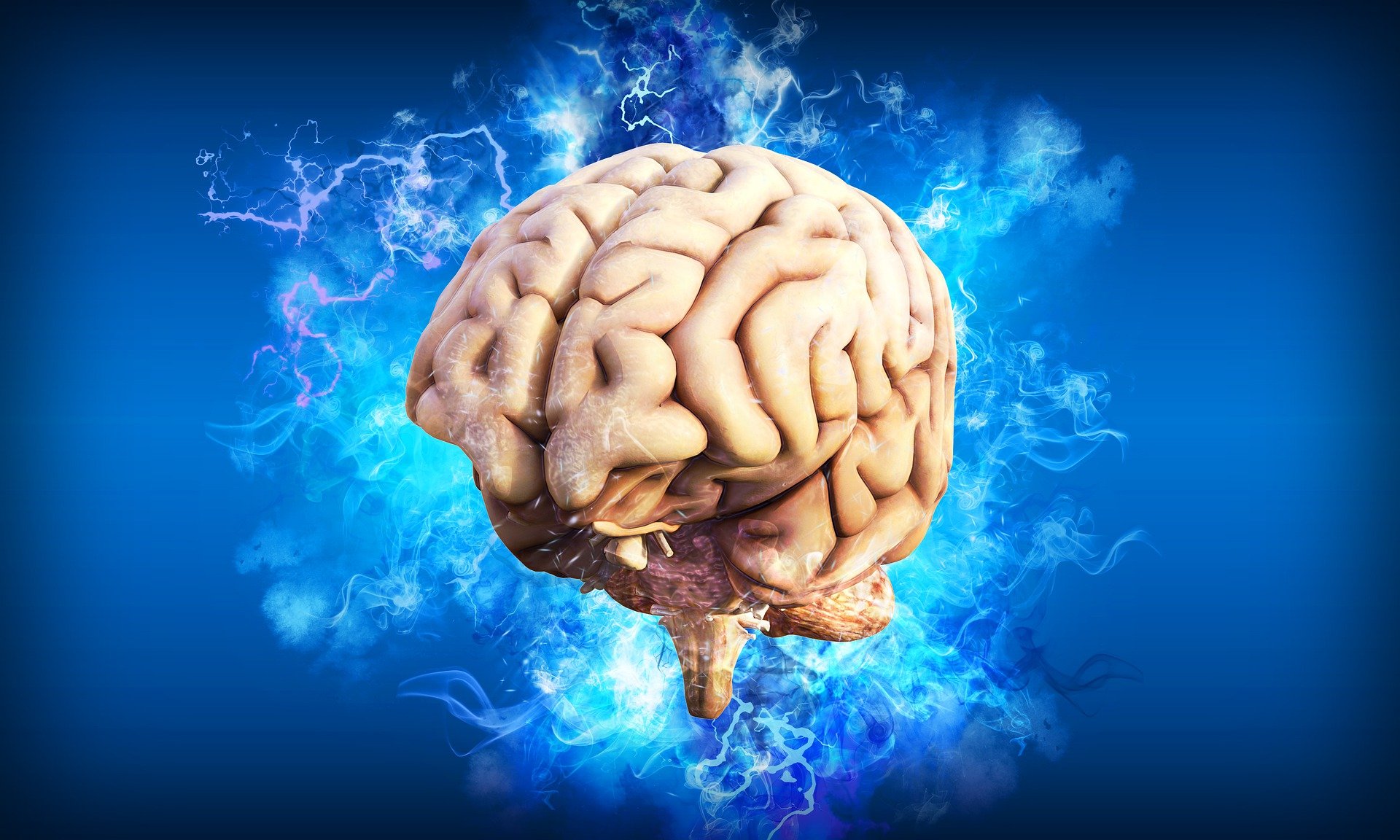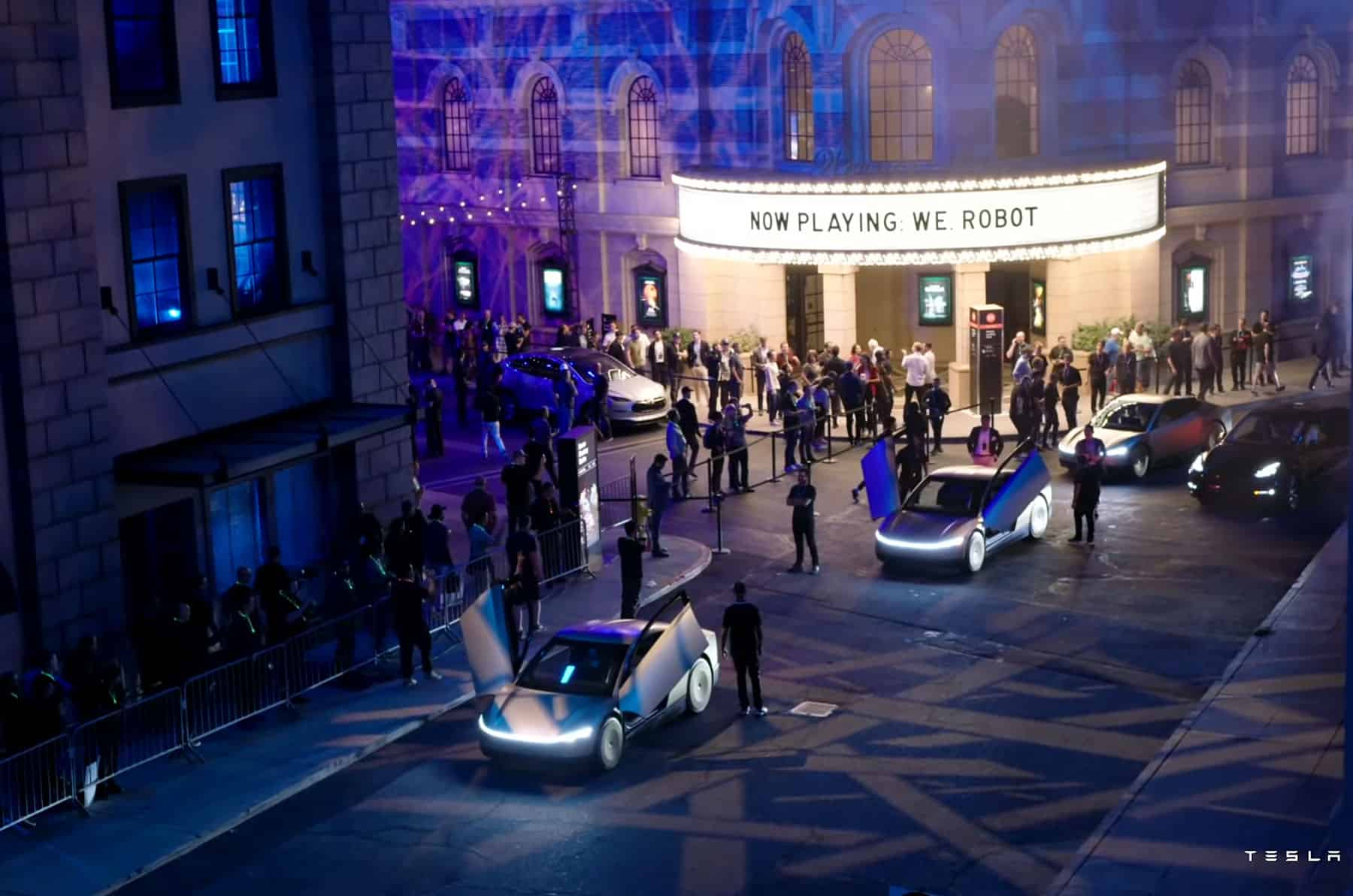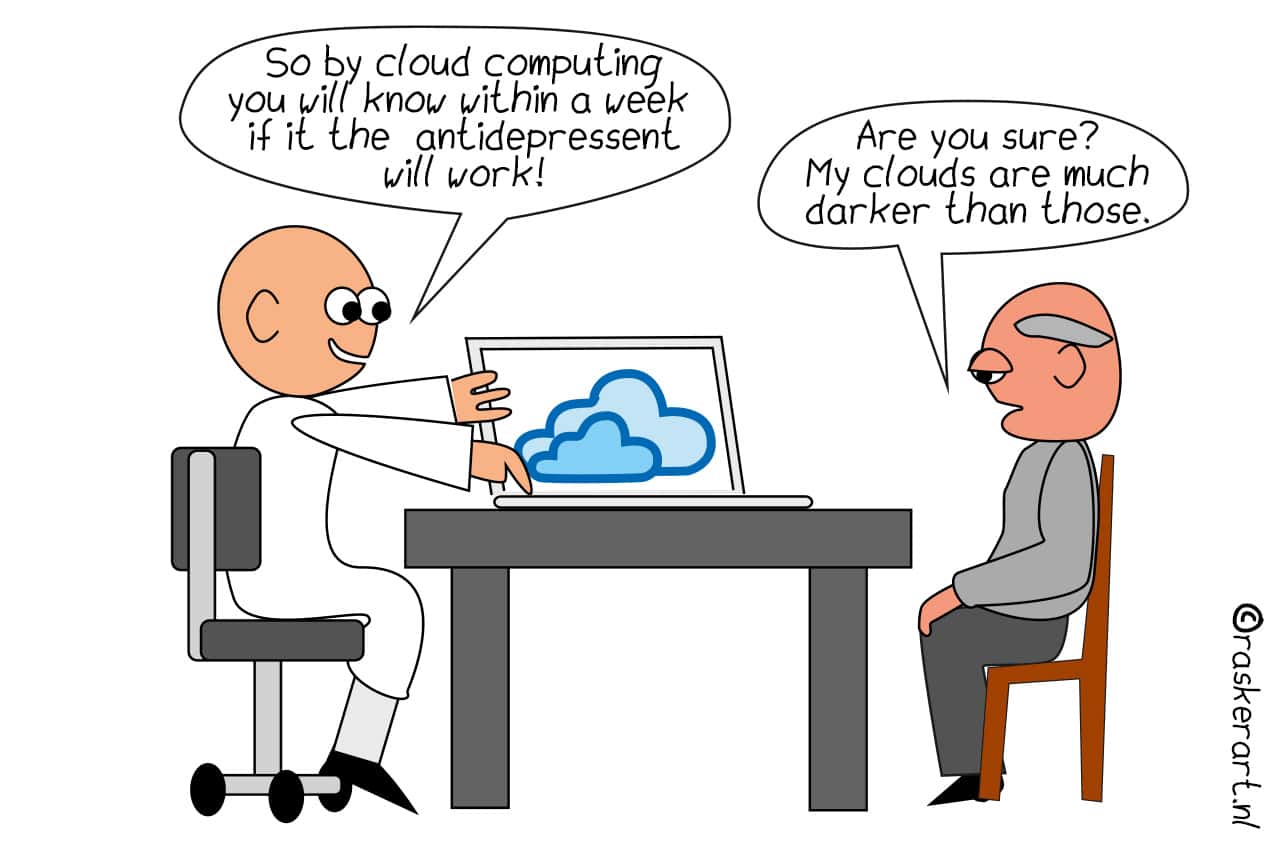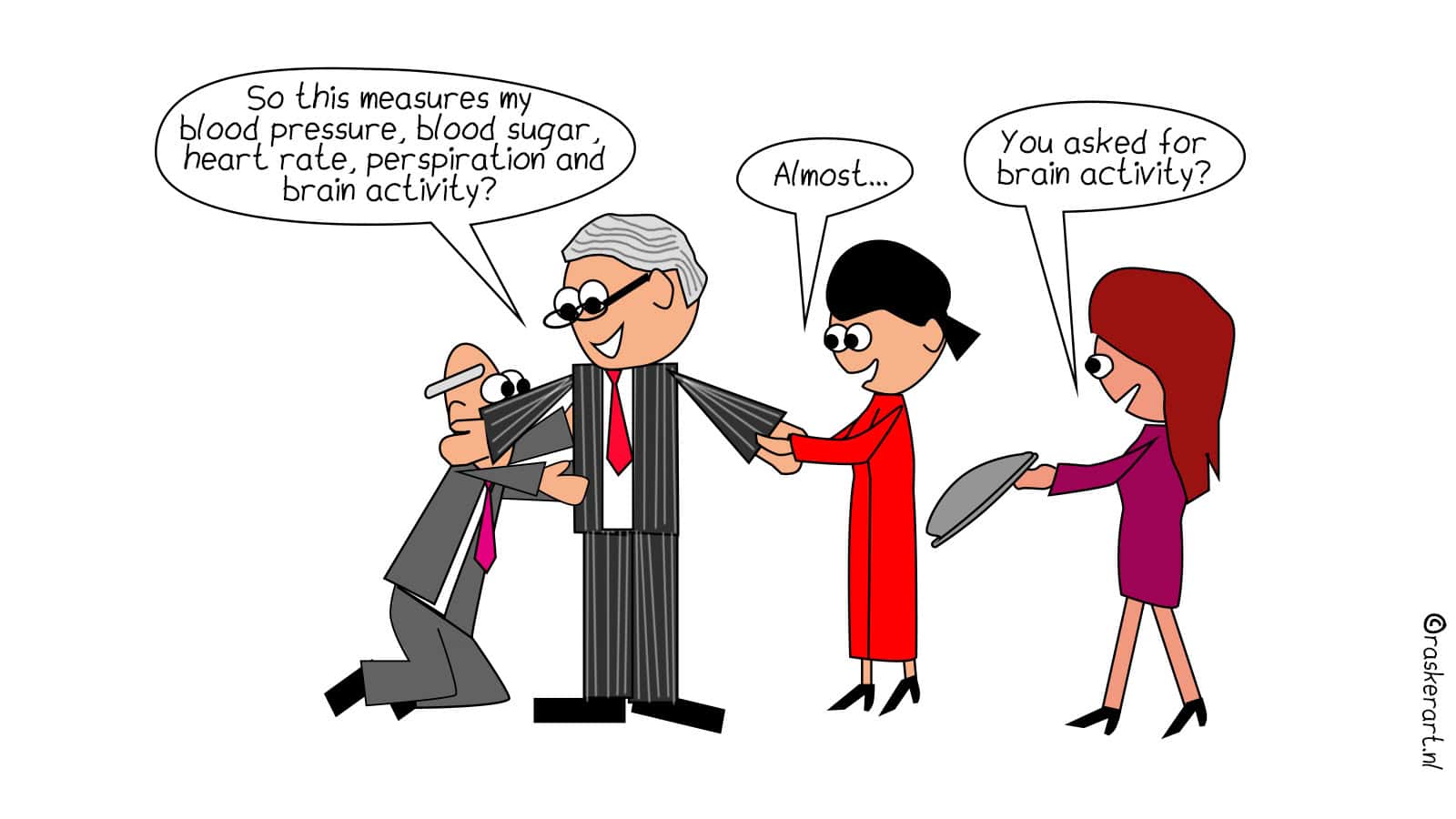
Every year in November with the arrival of Sinterklaas and his helpers in the Netherlands, I cannot dismiss out of hand the thought of living so long as he purportedly has. Will I have enough physical and mental health to be able to enjoy my days like in earlier years? How predictable and monotonous would my life then be? And will getting that old bring me any happiness?
Ironically, in 2020 we are getting a glimpse of what it’s like to be less active and how that can affect our mental and physical well-being. In a famous essay from early 1930s entitled ‘Economic possibilities for our children,’ John Maynard Keynes imagined the world 100 years in the future. He predicted that ‘technological unemployment’ – what we can nowadays refer to as job automation – will bring about progress, towards a better society, towards a collective liberation from work.
Mission to long, healthy lives
Thanks to the never-ending advances brought by capitalism and the free market, the quality of life for humanity has improved a lot over the past century. Generally speaking, we have regulated, well-paid working hours under improved conditions nowadays that allow us to have more purpose in life other than earning money. We have the time and financial means to enjoy various hobbies, go on a vacation a couple of times per year and have healthy children and see them grow up. Undoubtedly, we have not yet reached the utopia that Keynes envisaged, but it has put us on a mission to lead long, healthy lives.
This mission of living a long and healthy life has inspired many in the healthcare, pharmaceutical, consumer goods, automotive, fitness, leisure and food industries to invest in innovation and technologies that support our ageing society. We are becoming increasingly obsessed with measuring and optimizing our lives to make them ideal as we possibly can, by getting fitter, counting calories and eating ‘the right food.’
Glass ceiling of happiness
All things considered, basically building on ‘the right habits’ of life in order to live longer. In fact, since 1900, the global average life expectancy has more than doubled and is now above 70 years in many countries. While we should celebrate this achievement, we should also pay attention to the greater purposes of life. Yuval Harari discusses this topic extensively and dedicates a chapter in his book ‘Sapiens’ to this it. He once said:
“The glass ceiling of happiness is held in place by two stout pillars, one psychological, the other biological. On the psychological level, happiness depends on expectations rather than objective conditions. We don’t become satisfied by leading a peaceful and prosperous existence. Rather, we become satisfied when reality matches our expectations. The bad news is that as conditions improve, expectations balloon. Dramatic improvements in conditions, as humankind has experienced in recent decades, translate into greater expectations rather than greater contentment. If we don’t do something about this, our future achievements too might leave us as dissatisfied as ever.”
Double standard
As the anti-ageing and longevity trends grow, we are finding ourselves facing a double standard. One important and critical factor is the number of investments being made to support this development. In the USA, national healthcare expenditure grew 4.6% to $3.6 trillion in 2018, or $11,172 per person, and accounted for 17.7% of the Gross Domestic Product (GDP), of which personal healthcare spending for the 65 and older population was $19,098 per person in 2014, over 5 times higher than the expenditure per child ($3,749) and almost 3 times the expenditure per working-age person ($7,153).
In parallel, the anti-ageing market remains a lucrative and high-growth market. Moreover, amid the COVID-19 crisis, the global market for anti-ageing healthcare products is estimated at $52.5 billion in 2020 and is projected to reach $83.2 billion by 2027 (a CAGR of 6.8% over the period 2020-2027).
While contemplating my 80-year-old self in the Keynesian Utopia, I think about my happiness and feelings of contentment. Happiness is a state, not a trait; in other words, it isn’t a long-lasting, permanent feature or personality trait, but a more fleeting, changeable state of mind. Our daily activities and encounters, feelings of satisfaction and a sense of worth feed into our happiness. So, how can I continue to generate impact and contribute to society to gain those feelings of satisfaction? Will my hobbies and limited social interactions satisfy my mental, physical and social needs? In short, what is my value to society and what is expected of me? The movie “The Intern” challenges the status quo in a comical manner to consider the value of an ageing generation for our society. Healthcare ethicist Ezekiel J. Emanuel asks provoking questions as to how far are we are willing to go and at what cost to extend the longevity trend to the next level. Do we really need the find the elixir of life?
Collective dedication
While I watch the daily ‘Sinterklaasjournaal’ with my two daughters, (the TV broadcast of the daily escapades of St. Nicholas leading up to Christmas, ed.), I wonder how much attention is paid to their age group and to raising them in a world where access to high-quality healthcare and education, equal opportunities to grow and work are a given. A future where the Keynesian Utopia is not about ‘technological unemployment’ but rather about use of technology in a way that allows us to focus on jobs and activities that will satisfy us and create value and bring about progress, towards a better society, towards a collective dedication to our work and our future.
About this column
In a weekly column, alternately written by Buster Franken, Eveline van Zeeland, Jan Wouters, Katleen Gabriels, Mary Fiers, Helen Kardan and Hans Helsloot, Innovation Origins tries to find out what the future will look like. These columnists, occasionally supplemented with guest bloggers, are all working in their own way on solutions for the problems of our time. So tomorrow will be good. Here are all the previous articles.








